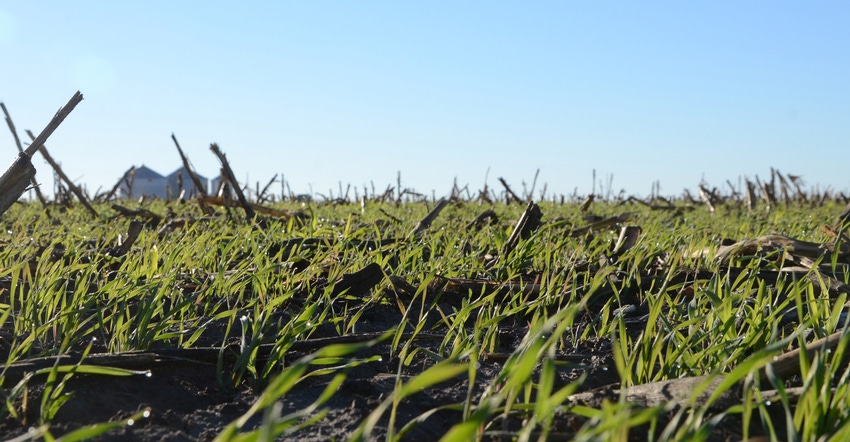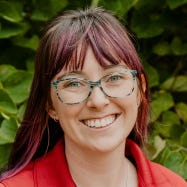November 15, 2021

Kaycie Waters enjoys embracing opportunities. She came to Iowa State University in March 2020, just as the pandemic hit, to work in 4-H youth development. The task was made harder by the rise of remote education, but she persevered.

TARGETING LOCAL: Kaycie Waters explains that her work in developing conservation programs is focused on local county needs. She will also be working to engage the Conservation Masters "grads" as a network. (Courtesy of ISU)

She's now embracing a new role at Iowa State as the natural resources field specialist.
"I'm very excited. I'll be working on a new program developing a natural resources education program for adult audiences that counties can deliver in their area," she explains. "That's going to cover a broad range of issues, from watershed management to forestry to wildlife to prairie management."
The aim is to ramp up the tools local county folks can tap as resources for boosting education around some key topics. "I want to create programming that can help landowners put some sustainable practices to use on their own property," she adds.
An early example of the types of materials she's working on includes a program focused on prescribed fire use. "I'm working with some colleagues to develop the program, including some history and fire management in Iowa to benefit prescribed burns," she says. "The goal is to develop programs to be given to county staff, those boots on the ground."
The key is to provide the science background from the university, but let local experts put that information to work in locally relevant ways. "I'm in Ames — I don't know what is best for northeast Iowa, but we can supply those county people what they need to deliver effective information tailored to their community," she adds.
Conservation masters
Another part of her new role at ISU is helping lead the Master Conservationist Program in Iowa. That program got a reboot in 2017, and 400 people have gone through the training. "The program has changed over time in the way information is delivered," Waters explains. "There are now online modules a person goes through before in-person field days. The cool thing about the program is that it's all packaged to counties and adapted in a way that works for them."
The aim is to have Master Conservationists partner with local conservation boards, the Department of Natural Resources and others to develop the local agenda or action.
Waters is devoting time for graduates of the program. "Before this year, you'd go through the program and that would be the end. It's a seven-week program, and I want to see how we can continue to engage with the program and support them," she says.
Already, she's instituted a newsletter for those Master Conservationists — a first for the program — designed to build on this community. On the social media front, she's started a Facebook page that, within the first few days of its operation, got 50 people engaged — and it continues to grow. The aim of this is to identify volunteer opportunities for Master Conservationists to participate in, offering new ways to share those stories.
"I'm trying to help connect people, and eventually that may be some kind of statewide meetup," she says, noting whether that may happen is still a ways off.
For Waters, the key is connecting local folks with information they can use to tell the conservation story, and help expand natural resources work.
About the Author(s)
You May Also Like






